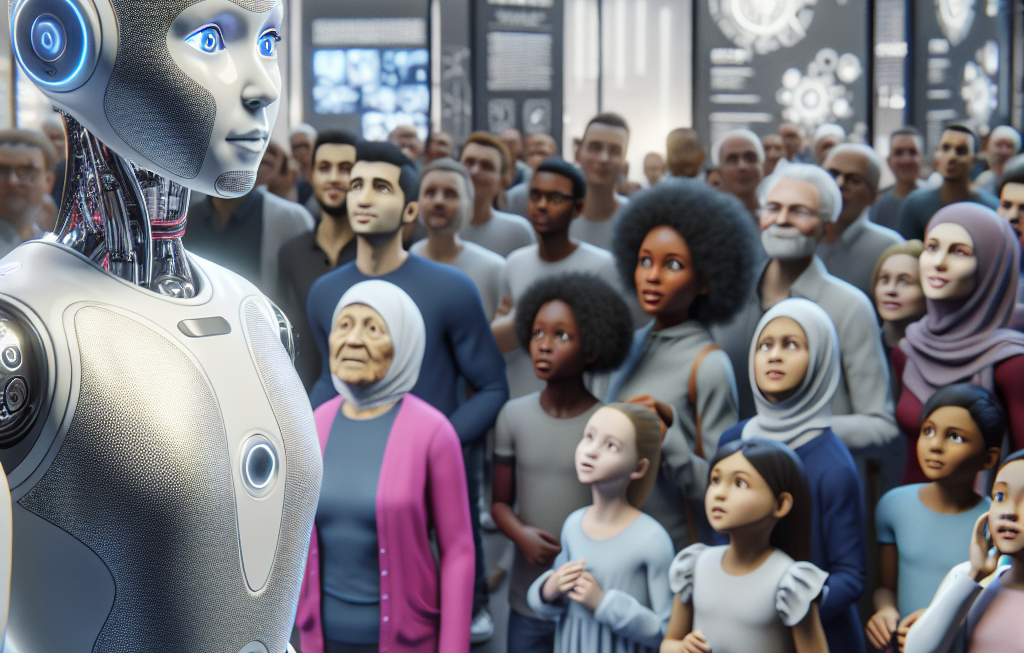AI Tools Revolutionize Cardiovascular Medicine: A Beacon of Hope for Patients Worldwide
In the realm of healthcare, precision medicine has emerged as a game-changer, offering tailored treatments based on individual characteristics. When it comes to cardiovascular diseases, the leading cause of death globally, the potential for personalized care is immense. With the advancement of artificial intelligence (AI) tools, researchers are now calling for a global collaboration to harness the power of technology and bring precision heart medicine to patients, ultimately saving millions of lives.
Cardiovascular diseases, including heart attacks, strokes, and heart failure, are responsible for a staggering number of deaths each year. According to the World Health Organization, an estimated 17.9 million people die from cardiovascular diseases annually, accounting for 31% of all global deaths. The need for innovative solutions to combat these conditions is urgent, and AI is proving to be a valuable ally in this fight.
AI tools have the ability to analyze vast amounts of data with incredible speed and accuracy, allowing healthcare providers to make more informed decisions when it comes to diagnosing and treating cardiovascular diseases. By leveraging machine learning algorithms, AI can help identify patterns and trends that may not be apparent to the human eye, leading to earlier detection of heart issues and more personalized treatment plans.
One area where AI is making a significant impact is in the interpretation of medical imaging, such as echocardiograms and MRIs. These images provide valuable insights into the structure and function of the heart, but analyzing them can be time-consuming and prone to human error. AI-powered image analysis software can assist cardiologists in interpreting these images more efficiently, potentially leading to quicker diagnoses and better outcomes for patients.
Another promising application of AI in cardiovascular medicine is the development of predictive models to assess an individual’s risk of developing heart disease. By analyzing a combination of clinical data, genetic information, and lifestyle factors, AI algorithms can help identify high-risk patients who may benefit from early intervention strategies. This proactive approach to healthcare not only improves patient outcomes but also reduces the overall burden on healthcare systems.
Despite the potential benefits of AI in cardiovascular medicine, researchers emphasize the need for global collaboration to ensure that these technologies are implemented ethically and effectively. This includes sharing data and best practices across borders, developing standardized protocols for AI integration, and addressing issues of bias and transparency in algorithm development.
In conclusion, AI tools are revolutionizing the field of cardiovascular medicine, offering new hope for patients around the world. By harnessing the power of artificial intelligence, healthcare providers can deliver more personalized and effective care, ultimately saving lives and improving outcomes for those at risk of heart disease. Through collaboration and innovation, the future of precision heart medicine looks brighter than ever.
precisionmedicine, cardiovascularhealth, artificialintelligence, globalcollaboration, personalizedcare











